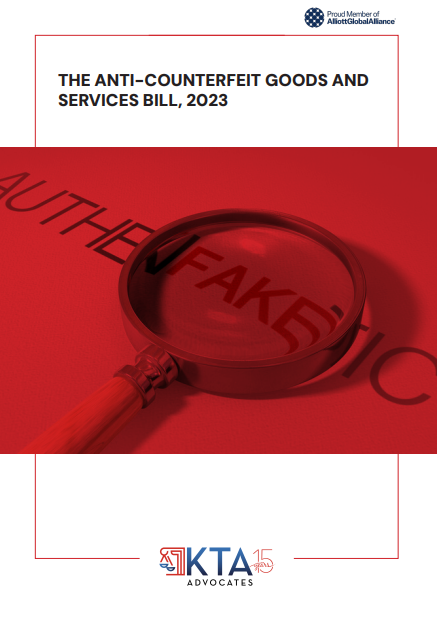“The right to be let alone is a part of the right to enjoy life. The right to enjoy life is in its turn, a part of the fundamental right to life of the individual.” – Chief Justice Jagdish Singh Khehar in, Justice K.S. Puttaswamy (Retd.) & Anor. v Union of India & Ors, WP (Civil) 492 of 2012.
The Uganda Communications Commission (UCC), recently announced that it will start monitoring all mobile phones by March. The decision according to UCC, is intended to fight cybercrime and detect fake phones on the network across the country. Mobile phones, will be monitored through a centralized Equipment Identity Register system to automatically monitor and oversee mobile phones in both public and private sectors.
Such surveillance, raises breach of privacy concerns that the enabling law, the draft Uganda Communications Centralized Identity Equipment Regulations, 2015 (UCCIER) may not comprehensively address. This is exacerbated by the lack of adequate privacy and data protection laws, despite the proliferation of such equipment and other surveillance equipment that monitor Ugandans; whether through their data (National Identity card and biometrics information) or physical surveillance.
Domestically, other than the 1995 Constitution that provides under Article 27 for the right to privacy, Uganda is yet to pass a stand alone data protection and privacy law. The National Information Technology Authority of Uganda (NITA-U), prepared a Data Protection & Privacy Bill that is yet to be passed into law.
Internationally, Uganda ratified the International Covenant on Civil and Political Rights (ICCPR) in 1995, that requires contracting states to enact laws that prohibit arbitrary & unlawful interference with a person’s privacy, family, home or correspondence.
So, while laws like the Regulation of Interception of Communications Act (RICA) 2010 that legalize surveillance and collection of data, (Section 9(2) provides for mandatory SIM-card registration) are expedited, those that are intended to protect data & privacy are shelved.
In other countries like the United States of America, Canada, South Africa & the United Kingdom (among others), privacy is recognized as a fundamental human right. Any surveillance or data collection in those countries is transparent & overseen through commissions. Data is also protected as personal property and any government entity or organization that collects data, does so within a strict legal framework with established data retention, destruction and collection procedures.
India recently joined the fold when in August, 2017, the Supreme Court of India declared that privacy is a fundamental right protected under the country’s constitution for each of its over 1.3 billion citizens. In the case (Justice K.S. Puttaswamy (Retd.) & Anor. v Union of India & Ors), privacy advocates argued that the collection of biometric data in connection with an identification card (similar to Uganda’s National Identity card) was intrusive and could ubiquitously link up data to a person’s spending habits, medical records and even bank transactions.
Although the court did not specifically hold that the process of collection of data was illegal, it cautioned the Indian government against embarking on such mass collections of data and surveillance without robust and adequate data protection laws.
The laxity with which lawmakers in Uganda treat data protection & privacy has extended to private companies and individuals. Because of the increase in crime, private companies & some individuals have opted for CCTV and other such surveillance in the hope of deterring crime. However, these surveillance tools inadvertently intrude on the privacy of employees and others who may not be participants in nefarious schemes.
Without adequate data use and control policies, data & footage from CCTV & other such surveillance tools, may be used inappropriately. This, coupled with the success of smart phones & social media have made privacy almost obsolete. Videos & audio clips of interest, captured from CCTV are extracted and sold to the media or shared freely on widely used social media platforms.
Sharing such clips, violates Article 17 of the ICCPR that provides that, “no one shall be subjected to arbitrary or unlawful interference with his privacy, family, home or correspondence, nor to unlawful attacks on his honor and reputation”. Article 17 is encapsulated in Article 27 (2) of the Constitution that provides that, “No person shall be subjected to interference with the privacy of that person’s home, correspondence, communication or other property.”
So, although UCC may legally intercept and monitor communication, such actions may not necessarily be in conformity with the constitution and the ICCPR treaty.
This author unreservedly agrees with Chief Justice Singh of India, that the right to be let alone is a part of the right to enjoy life which in turn is a part of the fundamental right to life. And until Law makers in Uganda appreciate the importance of data protection and privacy, the exploitation of such fundamental rights will remain unabated.



